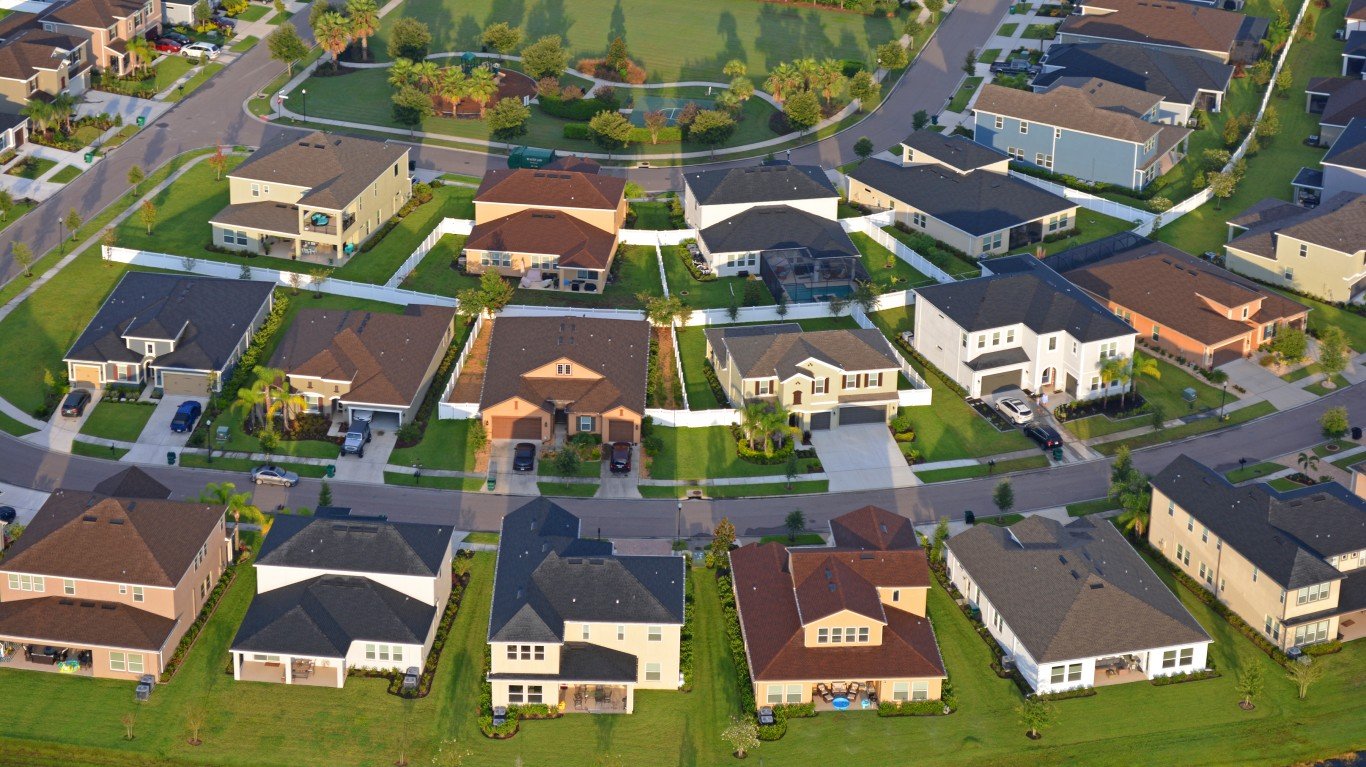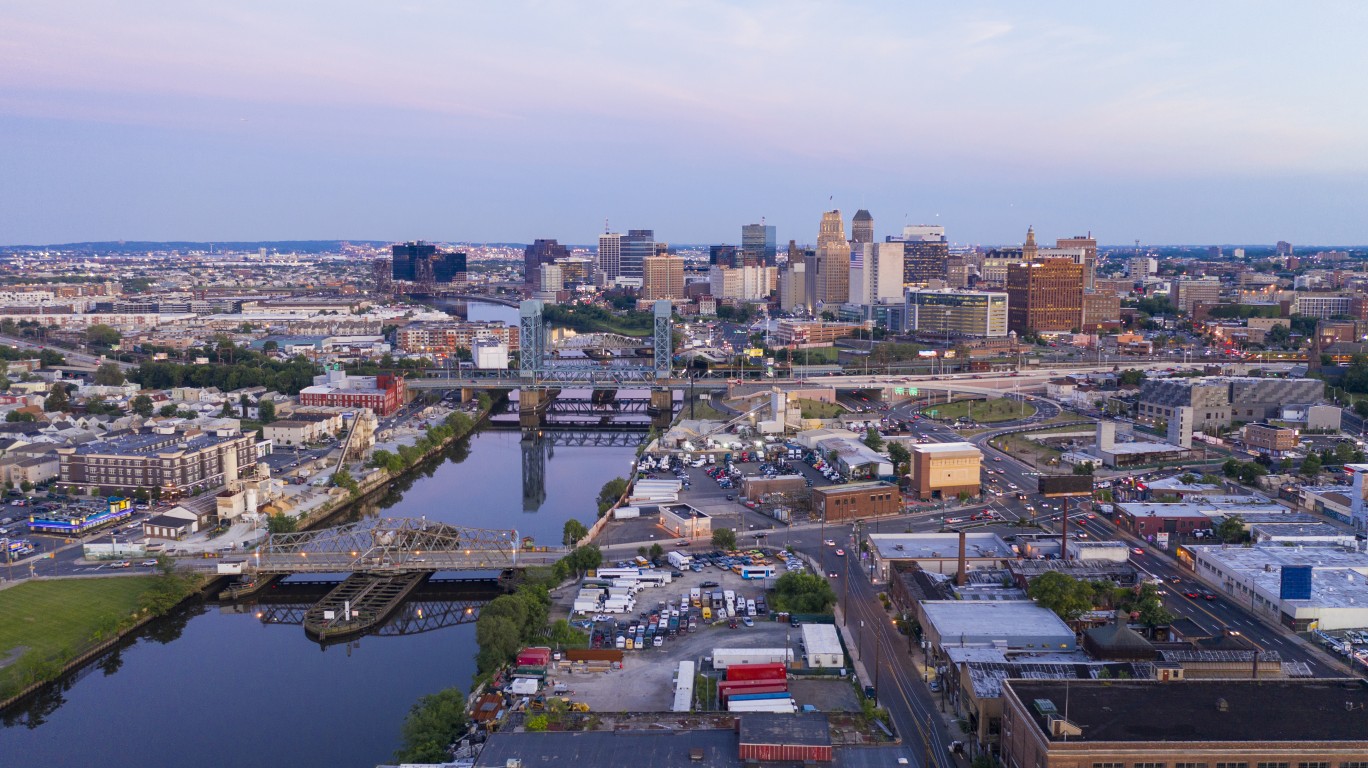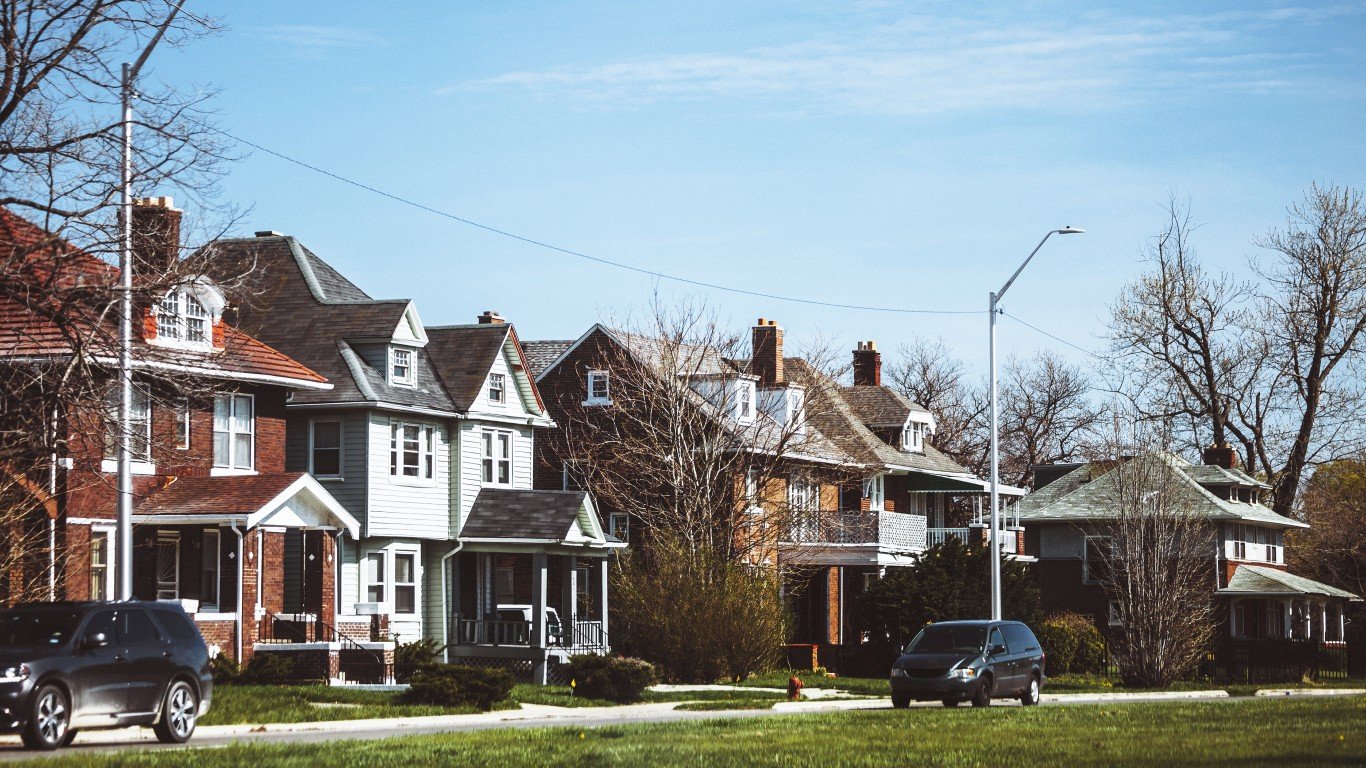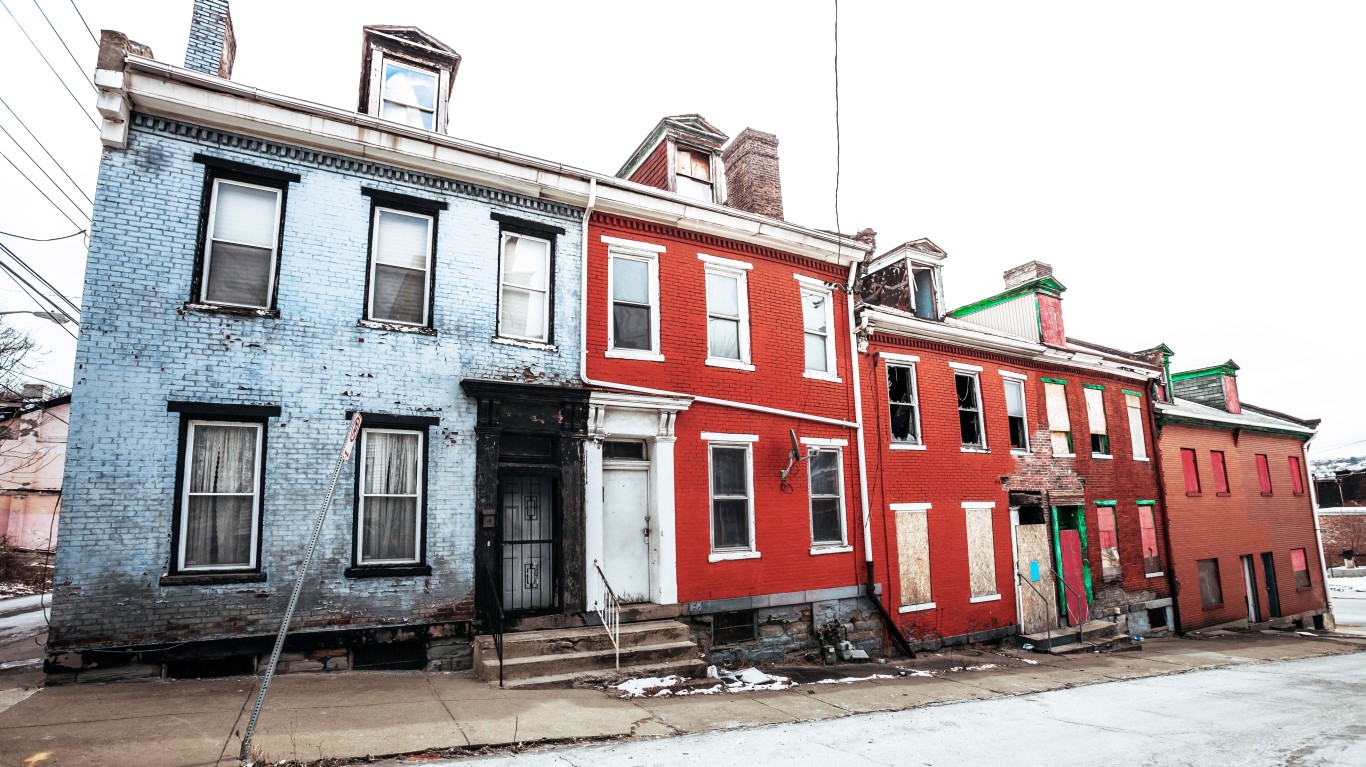

When will the housing market surge end? Not soon, and probably not well. Prices continue to rise 20% every month compared to the same month last year. Even mortgage rates that have reached 5%, compared to 3% a year ago, have not slowed it.
Home prices have risen for several reasons, each of which is important to consider when forecasting when the balloon will burst. The first, low interest rates, is already off the table. The second, which is the income and net worth of middle-class and upper-class Americans, could be affected by both inflation and a stock market sell-off.
One reason for higher homes prices has not changed. People have started to relocate from cities that are still very expensive places to live to those with lower home prices and lower costs of living. For example, people have left New York and San Francisco, where home prices are two to three times the national median, for cities inland like Boise and Nashville, which have been more affordable. Ironically, as people migrate to these areas, home prices there spike.
A core factor for people buying new homes is the new American mobility, brought on by the ability to work from home, which was spurred by the pandemic and in some cases has become permanent.
Home prices continue to be affected by something beyond simple supply and demand. The price to build a new home has jumped because of the costs of construction material and labor. Builders need to get more for the homes they build than they did two years ago or they may not build at all. New home sales are part of supply, but the reasons they are built, or not, have become distorted by inflation.
Timing when a bubble may explode is a dangerous business. Some homes for sale continue to get multiple bidders. Does that signal a top? Very probably yes. Houses sold above the market on a regular basis have broken out of the economic logic of what a home is worth and will be in the near future.
Remember 2008. Home prices surged in 2005 and 2006 and then collapsed. In some markets, the drop was 50%. Foreclosures and evictions reached historic highs.
Sponsored: Want to Retire Early? Here’s a Great First Step
Want retirement to come a few years earlier than you’d planned? Or are you ready to retire now, but want an extra set of eyes on your finances?
Now you can speak with up to 3 financial experts in your area for FREE. By simply clicking here you can begin to match with financial professionals who can help you build your plan to retire early. And the best part? The first conversation with them is free.
Click here to match with up to 3 financial pros who would be excited to help you make financial decisions.
Thank you for reading! Have some feedback for us?
Contact the 24/7 Wall St. editorial team.



